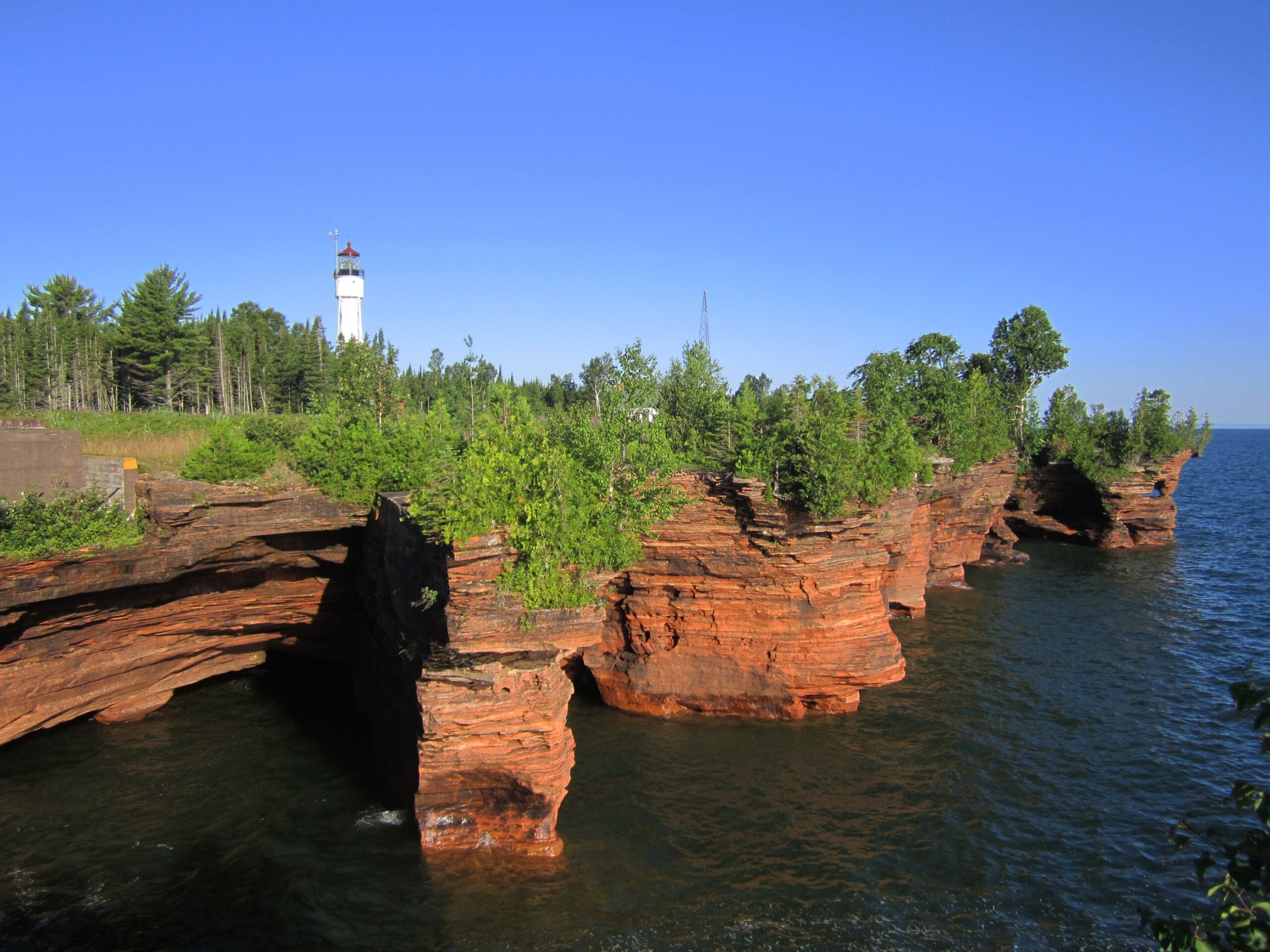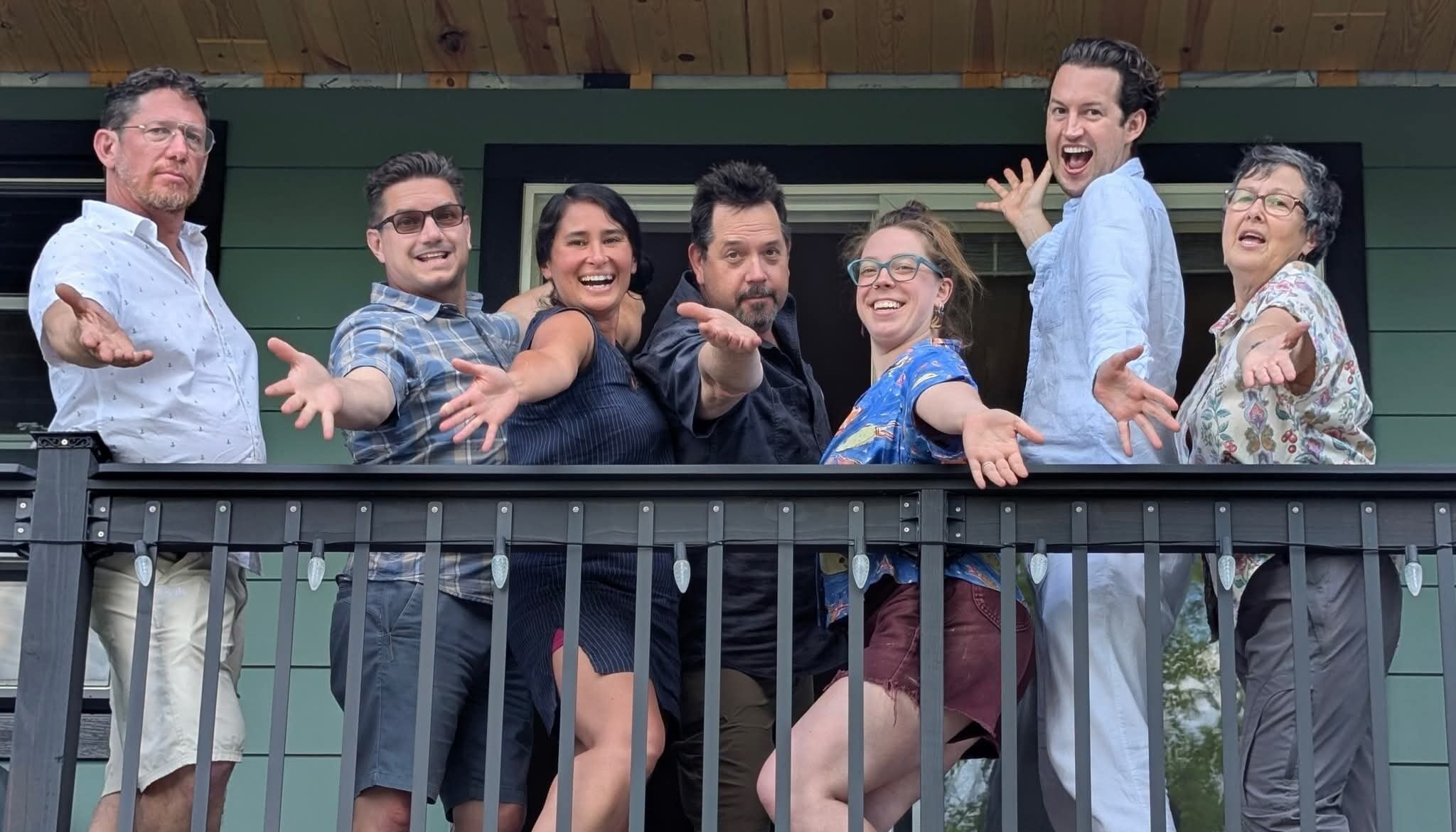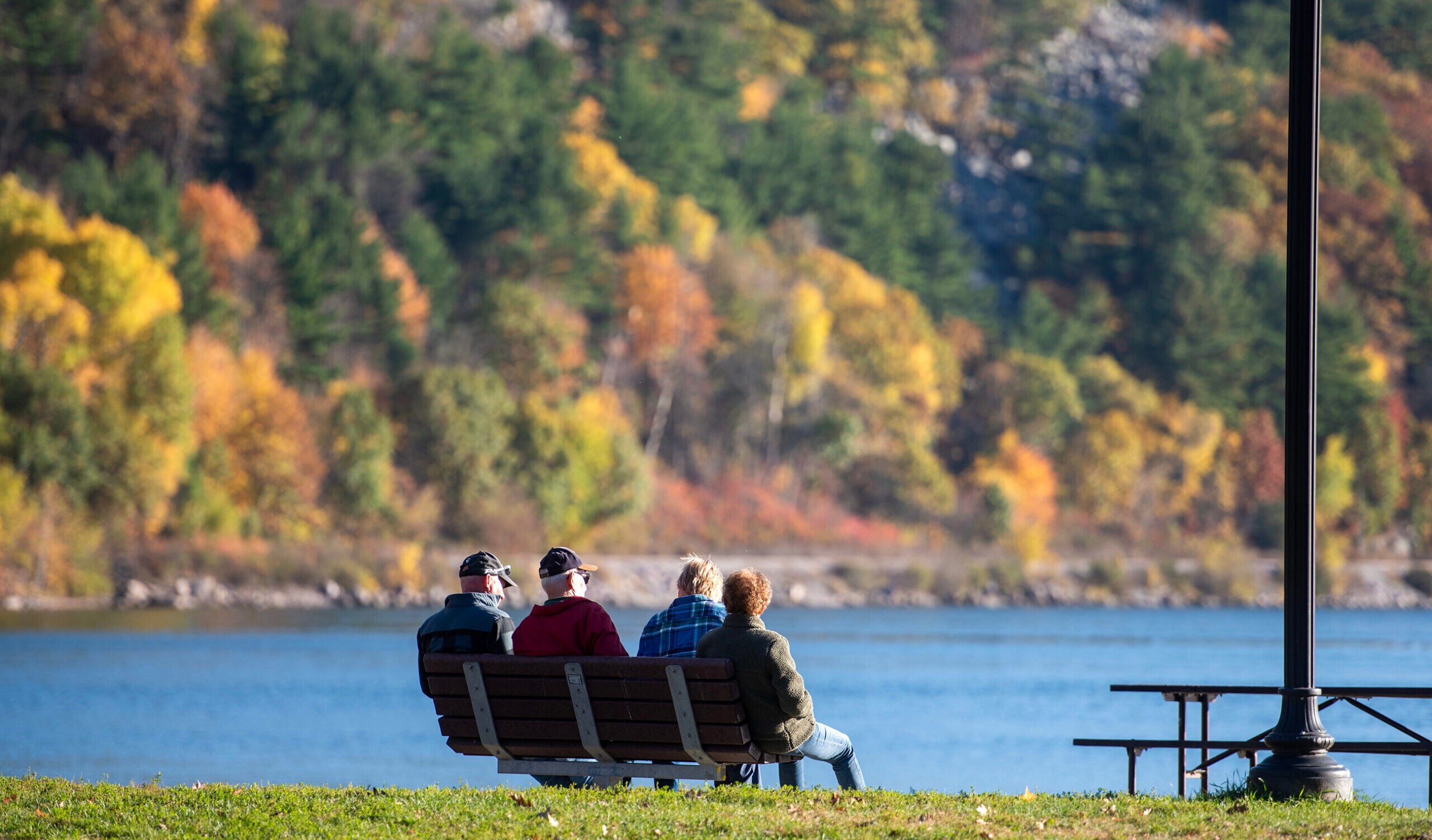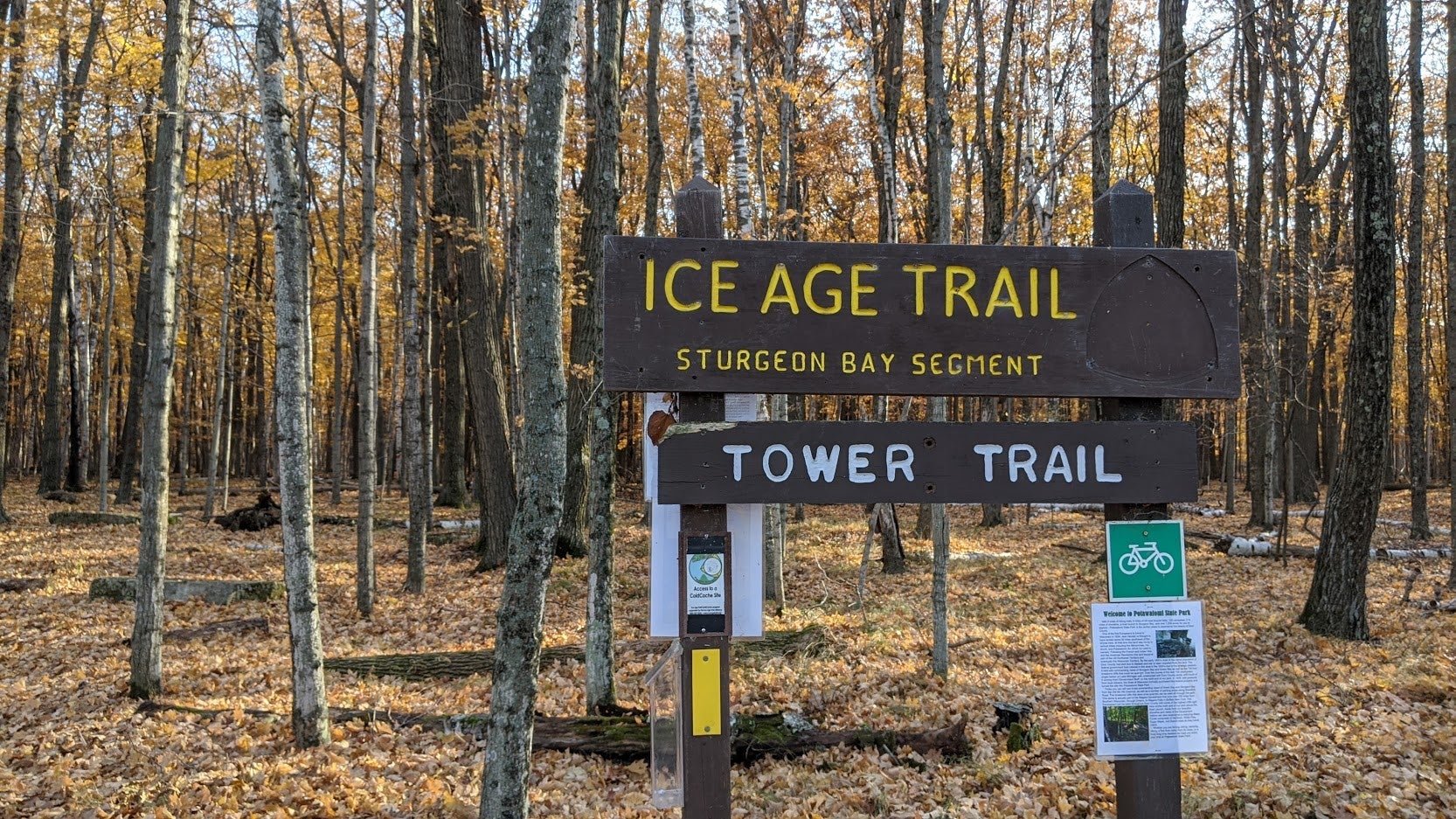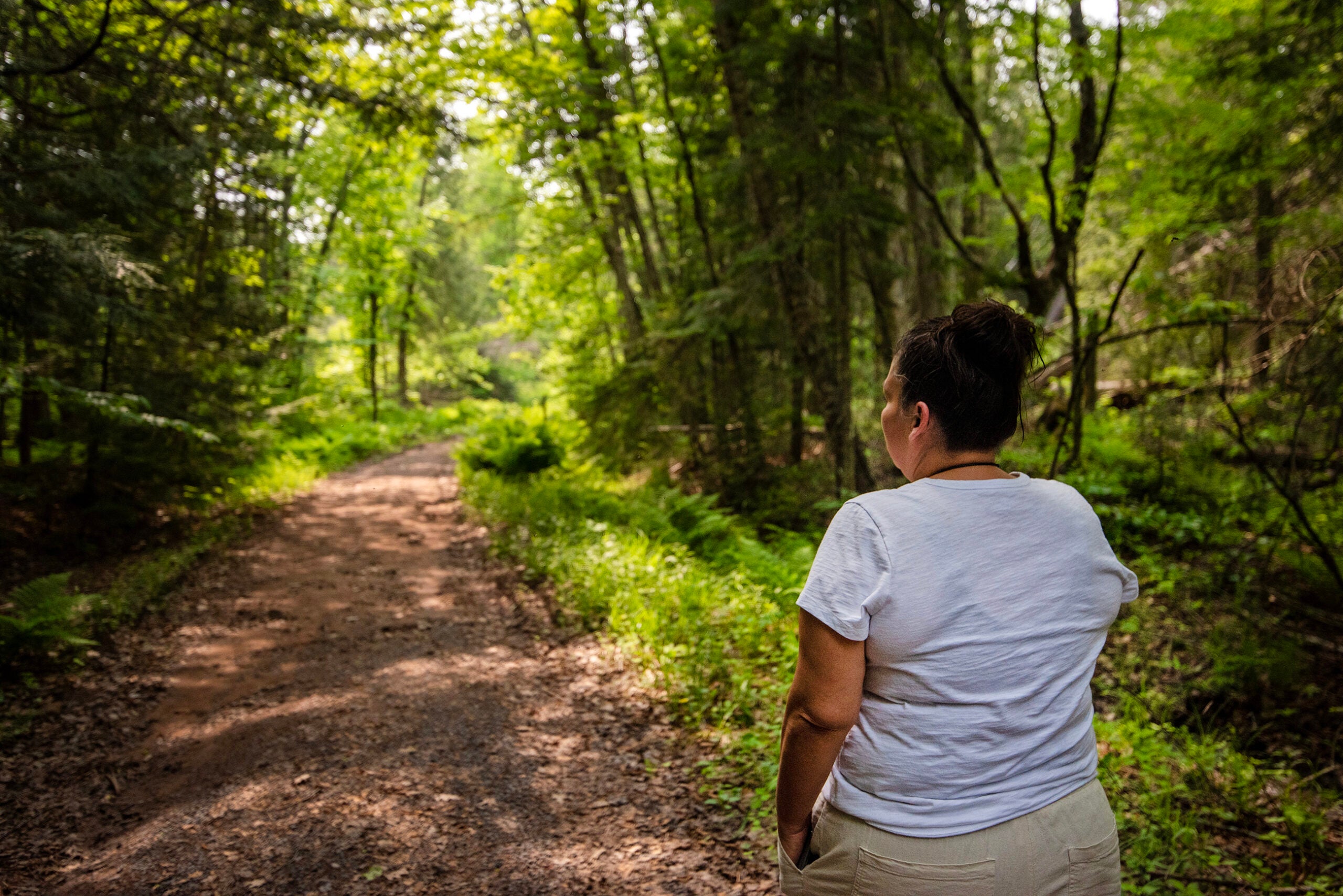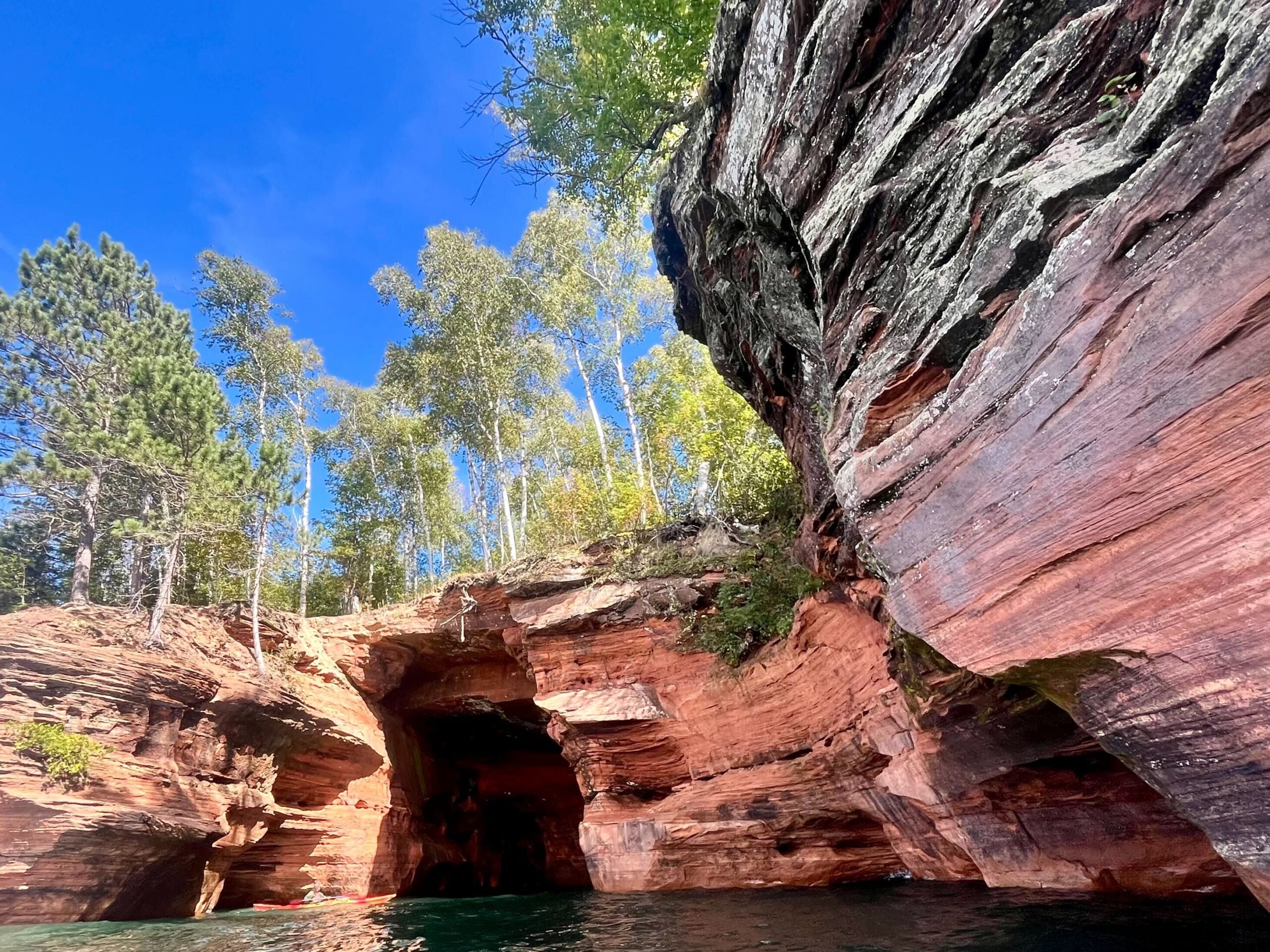U.S. Rep. Tom Tiffany, R-Minocqua, is introducing a bill to designate the Apostle a national park in hopes that it increases tourism to the area, but local officials and island advocates say the area is already at capacity during the summer.
The Apostle Islands are a national treasure, and their official designation since 1970 is as a national lakeshore. It’s similar to a national forest or national park, but not quite at the same level.
The new designation would create the Apostle Islands National Park and Preserve, which would be Wisconsin’s only National Park.
News with a little more humanity
WPR’s “Wisconsin Today” newsletter keeps you connected to the state you love without feeling overwhelmed. No paywall. No agenda. No corporate filter.
Apart from concerns about increasing visitors to the park, there’s also a question of whether the redesignation would conflict with treaty rights of the neighboring Red Cliff Band of Lake Superior Chippewa Reservation.
WPR’s Robin Washington spoke critics of the plan, Bayfield Mayor Ted Dougherty and longtime island advocate Erica Peterson, on “Morning Edition.”
The following conversation has been edited for brevity and clarity.
Robin Washington: What’s the difference between a national park and a national lakeshore?
Erica Peterson: There is a big difference. A national lakeshore looks at the values to maintain the integrity of the recreational resource of the location. A national park looks at the significant physical features and scientific features to protect it. So there is quite a difference.
RW: Was this legislation a surprise?
Ted Dougherty: It absolutely was a surprise. I received an email from Jim Miller, the outreach director for Tom Tiffany, on June 24. He told me Congressman Tiffany will be introducing a bill to redesignate the Apostle Islands National Lakeshore to a National Park. They anticipate a significant boost in regional tourism and resources to operate the park.
RW: Wouldn’t it mean more money and federal resources, and more tourism? Isn’t that a good thing?
TD: We enjoy a very delicate balance in Bayfield. We’re a town of about 500 year-round residents, and we bump up to thousands in the summer. In the past 10 years, the cost of housing in Bayfield has doubled because homes are being purchased and turned into tourist rooms.
The jobs that are created by the tourist industry don’t provide the kind of pay that you’d have to have in order to be able to purchase a home. I think the community is really at capacity.
EP: National Park status doesn’t mean that you’re going to get more money in the budget. The other thing to look at is more tourism. When we’re compared to Indiana Dunes, it is not a good example. Indiana Dunes visitation went up during Covid, when it was changed to a national park. They are located near a major metropolitan area and have a road that goes through it, so it’s easy to visit. Our national lakeshore is hard to get to and always will be.
If you look at congressional research in 2018, it was determined that changing areas to a National Park did not increase visitation, so using that as a reason to change this to a National Park is misrepresenting the intent of changing to a National Park.
RW: One of the other concerns is treaty rights.
TD: If you think about the First Nation people, this is their home. They put out a statement saying that they have not been included in the process at all, although Tom Tiffany claims that they were.
When I received the email from Mr. Miller, the first thing I did was forward it to Lynne Dominy, the park superintendent. Lynn’s response was this is the first time she heard of it. This is a bipartisan issue. Whether you’re a conservative or a liberal, I think you can get behind the values and ethos of this, which is to represent accountability, transparency, participation and inclusion.
His office has put out a long response to these objections, listing all the people that are in support of this. What I’ve specifically asked for is for him to show his work. We need to see due diligence before we can have an opinion on this.
If you have an idea about something in northern Wisconsin you think we should talk about on “Morning Edition,” send it to us at northern@wpr.org.

